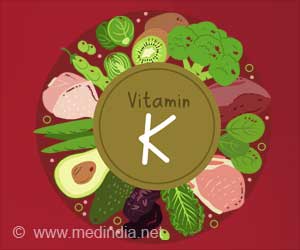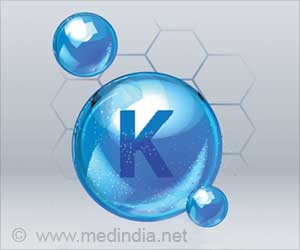FAQs on Top 11 Foods Rich in Vitamin K and Why We Can Die in its Absence
1. What happens if Vitamin K is absent in the food we eat?A Vitamin K deficiency can lead to excessive bleeding, weakened bones, and increased risk of heart disease due to improper blood clotting and calcium management.
2. What foods decrease Vitamin K?
Foods high in vitamin E, such as almonds, can interfere with Vitamin K absorption. Certain medications, like blood thinners, can also reduce Vitamin K's effectiveness.
3. Can you live without Vitamin K?
No, Vitamin K is essential for blood clotting and bone health. Without it, even small injuries could result in fatal bleeding.
4. Who can't eat Vitamin K?
Individuals on blood-thinning medications, like warfarin, need to monitor and sometimes limit their Vitamin K intake to avoid interfering with the drug's effects.
5. Is Vitamin K2 Potassium?
No, Vitamin K2 is not Potassium. Vitamin K2 is a form of Vitamin K involved in calcium regulation, while Potassium is a different mineral important for electrolyte balance.
6. How much Vitamin K2 per day?
The recommended daily intake of Vitamin K2 varies, but generally, 90-120 mcg is suggested for adults, depending on age and gender.
7. What is the difference between Vitamin K1 and K2?
Vitamin K1 is primarily found in leafy greens and is essential for blood clotting, while Vitamin K2 is found in animal products and fermented foods, supporting bone and heart health.
8. Does Vitamin K affect bone health?
Yes, Vitamin K is crucial for bone health as it helps activate osteocalcin, a protein that binds calcium to bones, promoting strength and density.
9. Can I take Vitamin K while on blood thinners?
If you are on blood thinners, consult your doctor before taking Vitamin K, as it can interfere with the medication's efficacy.
10. Which foods are highest in Vitamin K?
Leafy greens like kale, spinach, and collard greens are among the richest sources of Vitamin K1. Fermented foods like natto are high in Vitamin K2.









